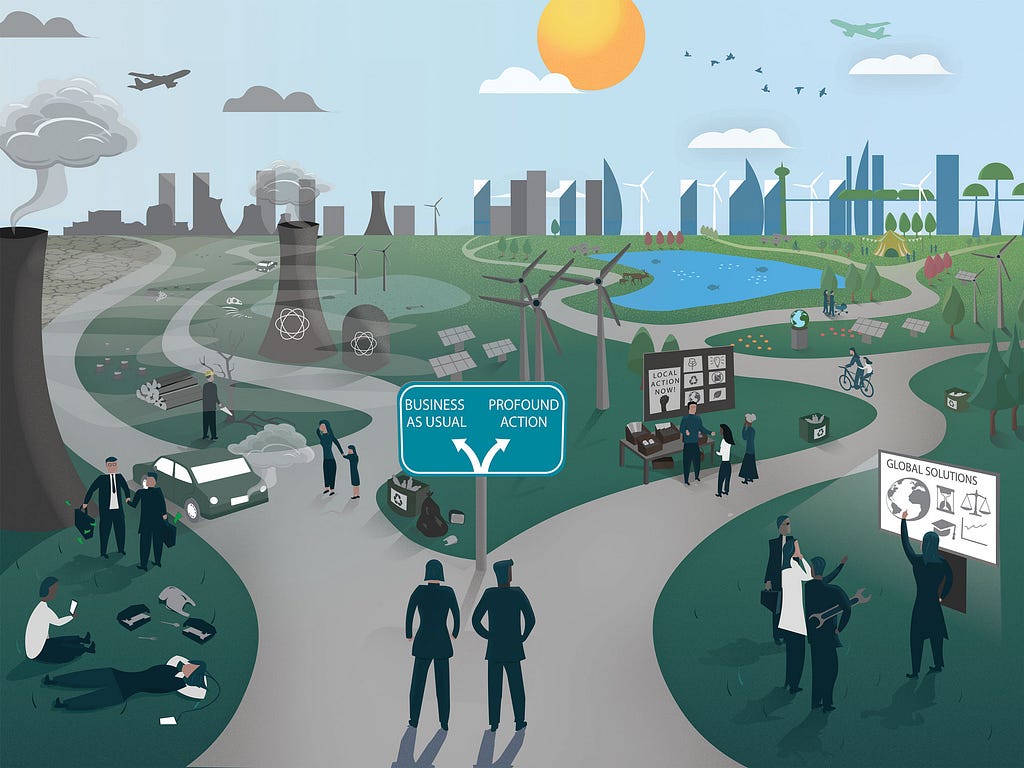Fossil Fuel Subsidies-Worse Than The Financial Crisis?

Fossil Fuel Subsidies-Worse Than The Financial Crisis?
A recent report by the International Monetary Fund (IMF) places global fossil fuel subsidies at around $5.3 trillion for 2015. Interestingly, this number has increased since 2014, despite the sharp drop in oil prices. Drawing conclusions too quickly as to the why may leave you surprised, as the causes are manifold and depend on whether you are considering supply or consumer side subsidies (pre and post tax). As is true with energy in many other spheres, there are glaring regional distributional disparities in the type and quantity of subsidies, and these are perhaps not those you would expect.
The financial crisis, by comparison, has a broad range of figures that estimate the economic impact. Bloomberg (2013) quoted the “actual losses” in the US to be $5.2 trillion from 2008-2012, whereas the US Government Accountability Office placed the losses in excess of $22 trillion; and the IMF estimated the global losses at $10.2 trillion. This variability is down to the approaches in calculation and range of effects that are considered in the calculation, notwithstanding the agendas of particular organisations.
IMF numbers don’t tell the whole story
The numbers at least are broadly comparable, so why the vastly different media and public reaction? Perhaps it is the human tendency to avert loss that would lead us to consider the destroyed value from the financial crisis more gravely than market intervention through subsidy? After all subsidies make goods and services cheaper for all of us, enabling us all to consume more. The question that must be asked is, what is the lost opportunity in putting so much capital into an energy system that we know has a limited shelf life, in particular should we wish to avoid many more serious crises in the coming decades? I am referring to crises related to climate change, geopolitical tensions and market crises from knowingly destabilising interventions! Furthermore, as pointed out by Christine Lagarde at the IMF, the level of consumption of fossil fuels is also having a large negative impact on the fiscal health of countries and the physical health of people across the globe.
Fossil fuel abuse-taking responsibility
If one adds the avoided risks and costs to the potential benefits to be gained from diverting this capital to more productive uses, (such as investment in sustainable and over time, cheaper energy and transportation systems) this would appear to be a “no brainer”. Intellectually most will agree that these large subsidies for fossil fuels are detrimental to society as a whole as they distort markets and damage economies. Yet it is both rich and poor that benefit from these subsidies in the short term although very (dis)proportionately so. The withdrawal of these interventions should therefore be combined with measures that enable the poorer members of society alternative means to life and livelihood.
As we have learnt following the financial crash, there were many who tried to alert the world to the greed driven madness that was taking place. As in the financial crisis, a clear lack of liability for the impacts of these policies mean that no-one can legally be held accountable. Furthermore the challenges faced with fossil fuels are broader and dare I say more complex and solutions will take significant brain power, effort and compromise to achieve. A good start would be to operationalize liability for at least the most serious consequences of fossil fuel abuse. If we do not act, our complicity will justify outcomes that are sure to be far more serious than those of our recent financial crisis

Author:Sacha Meckler
Sacha Meckler is an innovator, change maker and thought leader working across technology, economics and policy domains.








